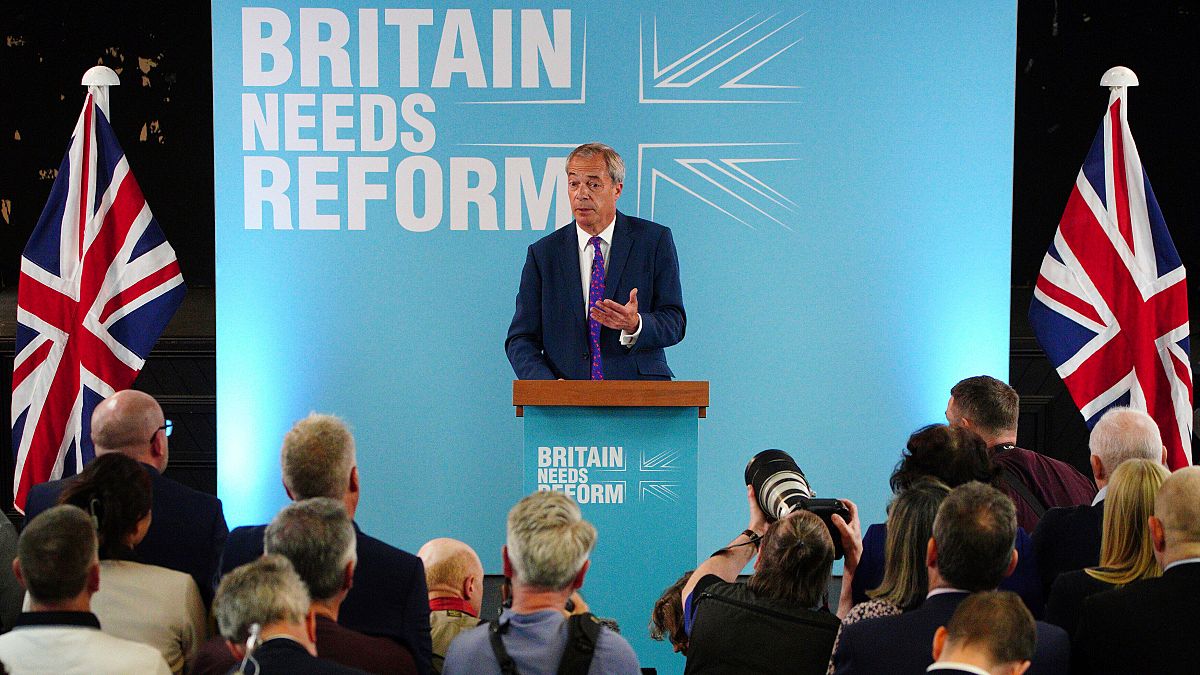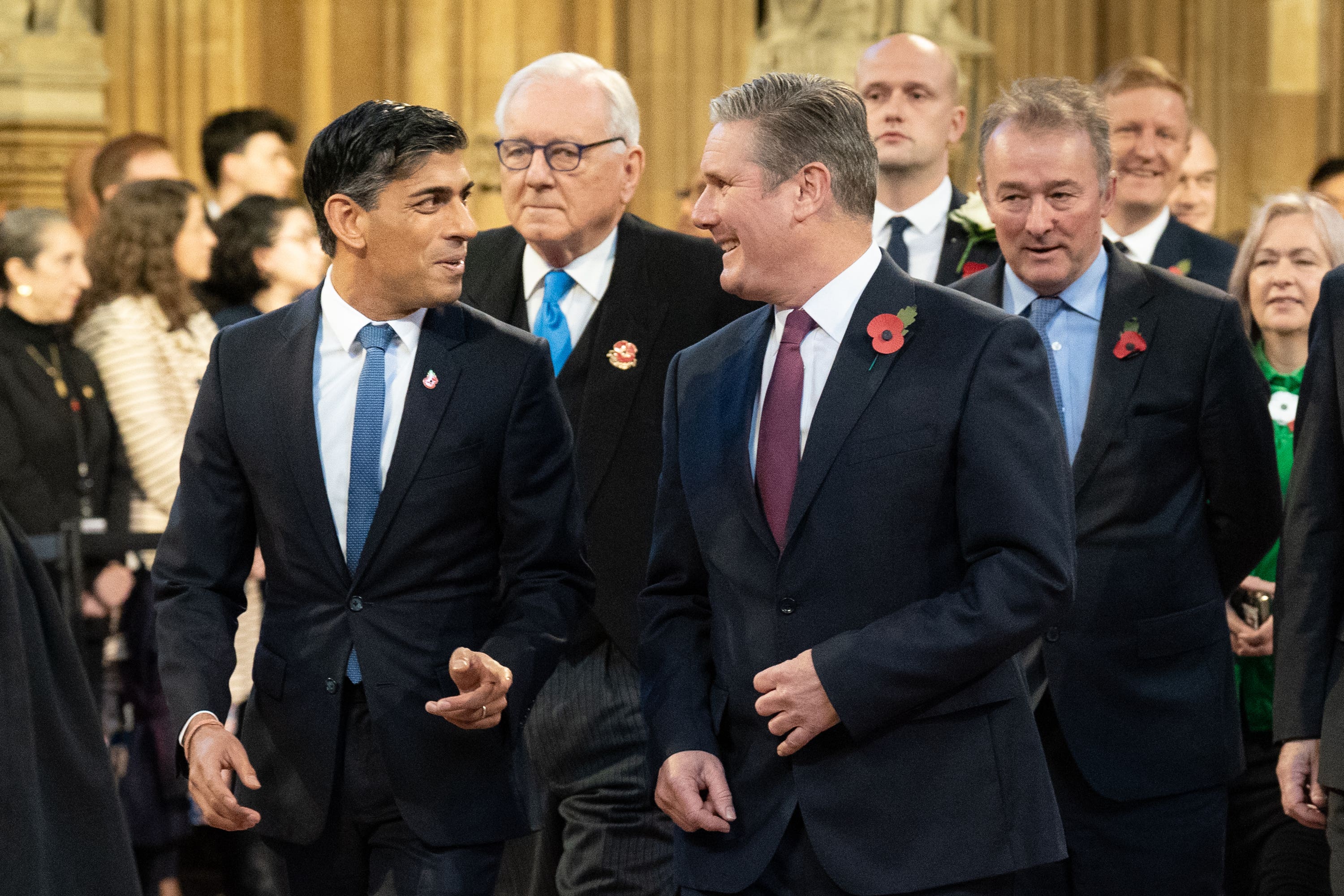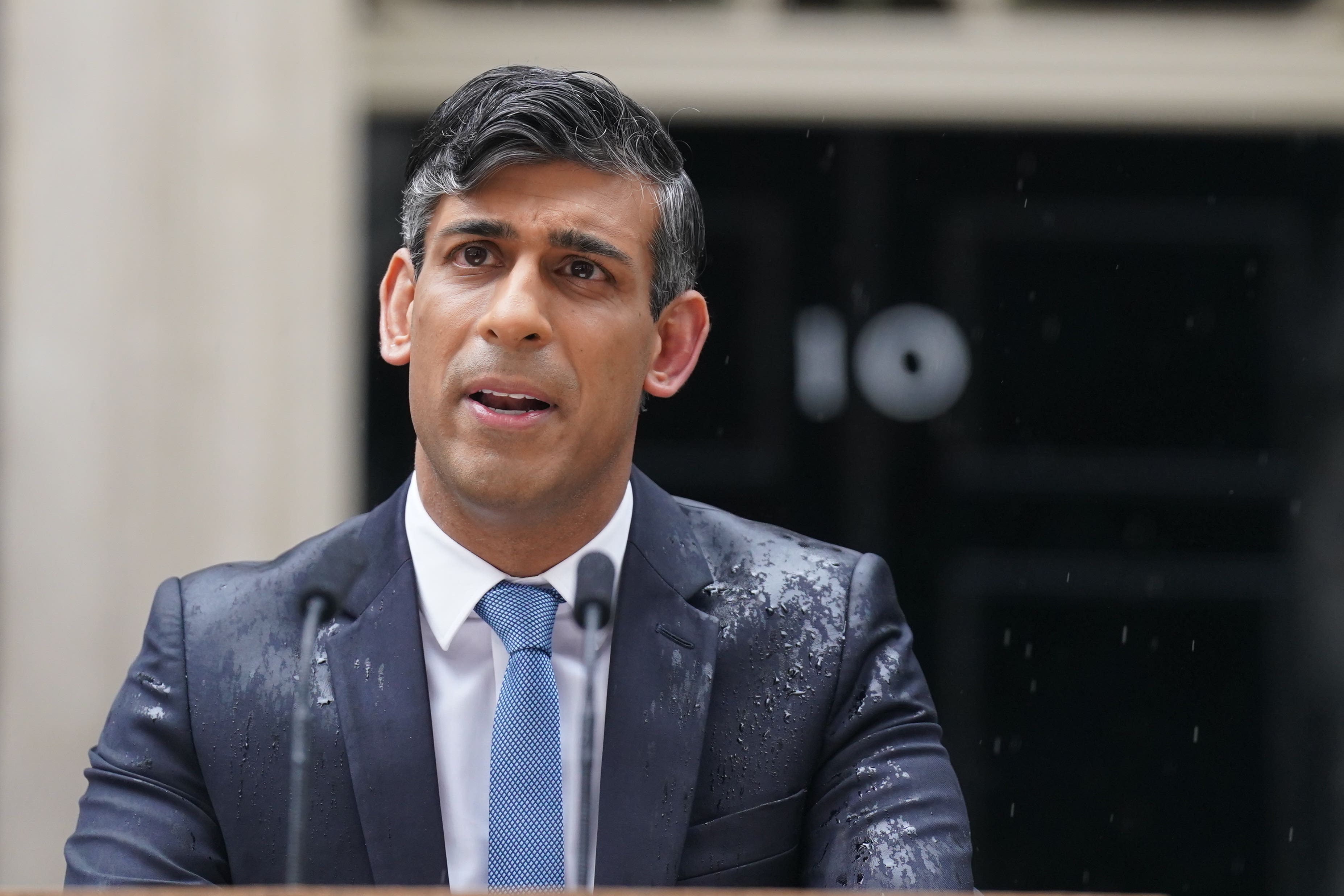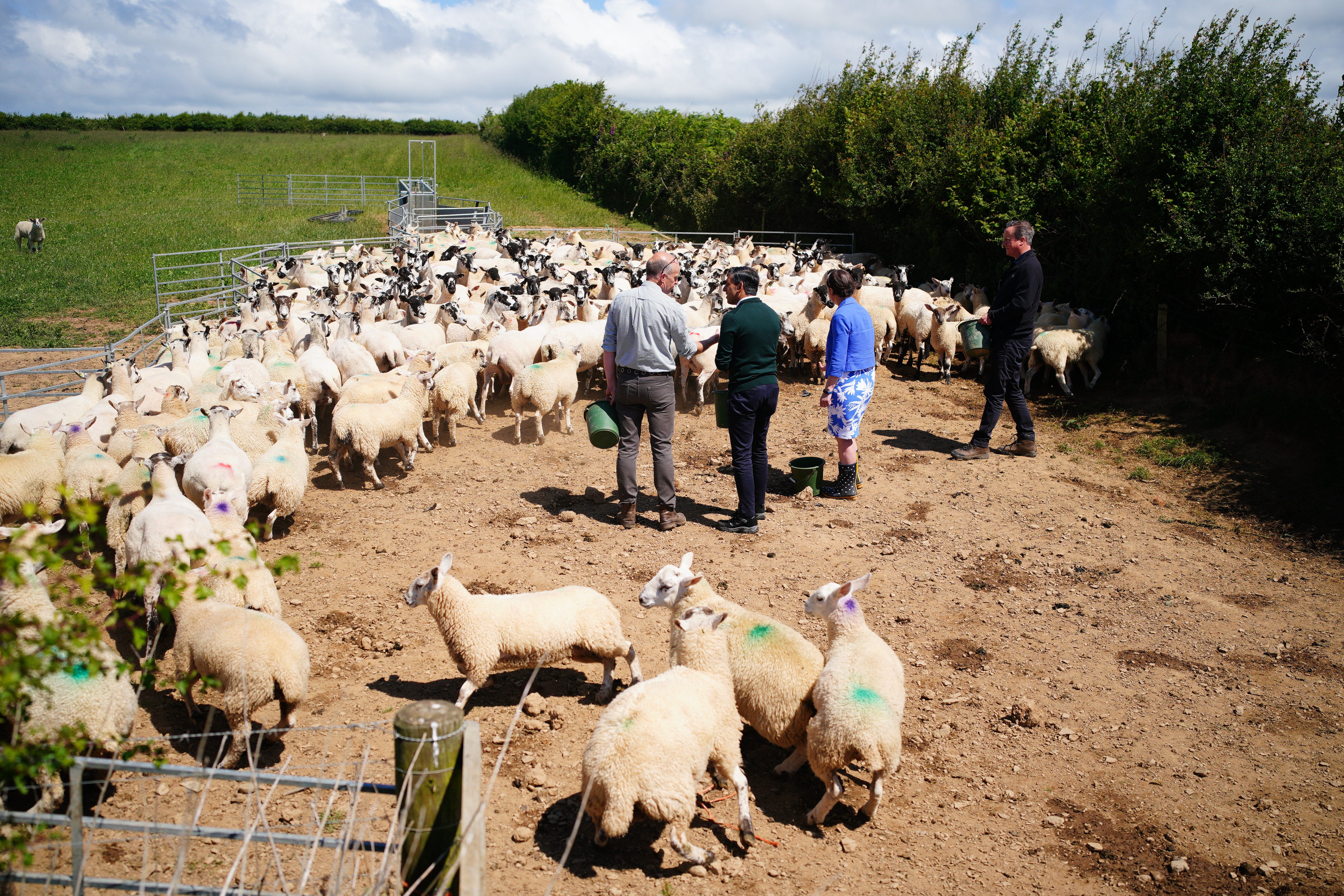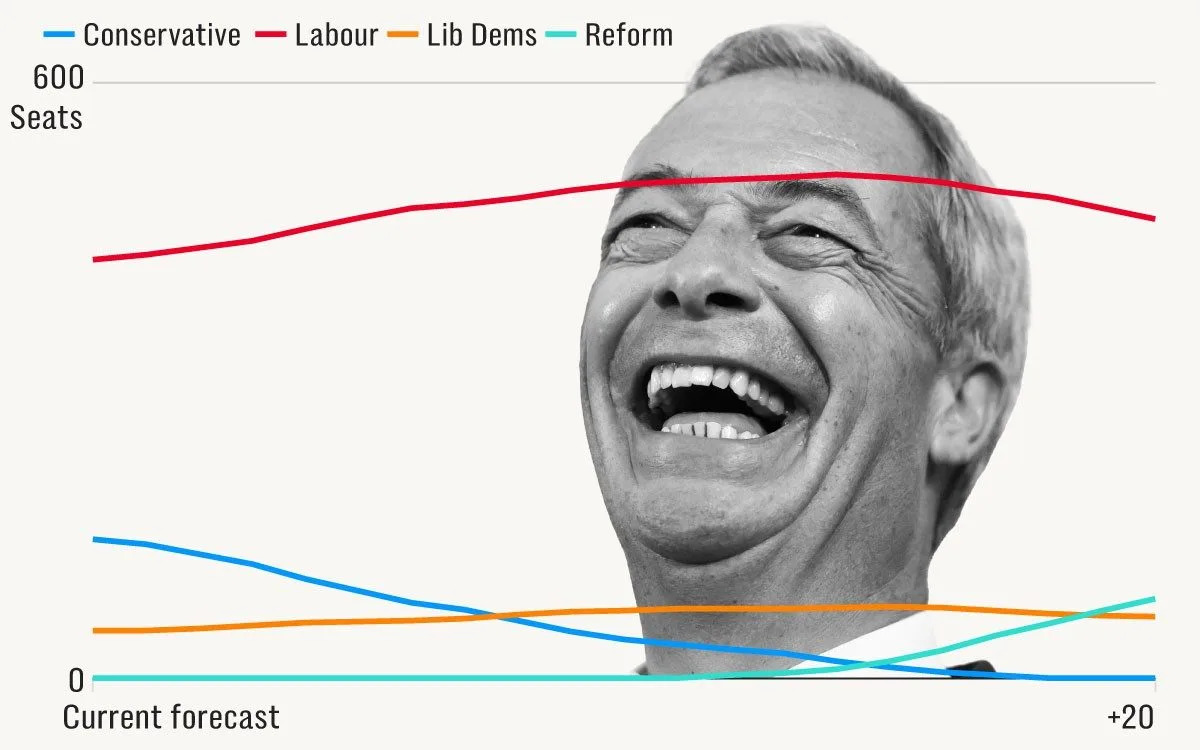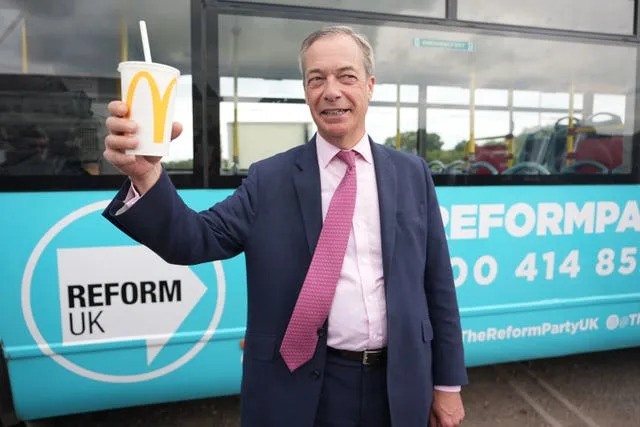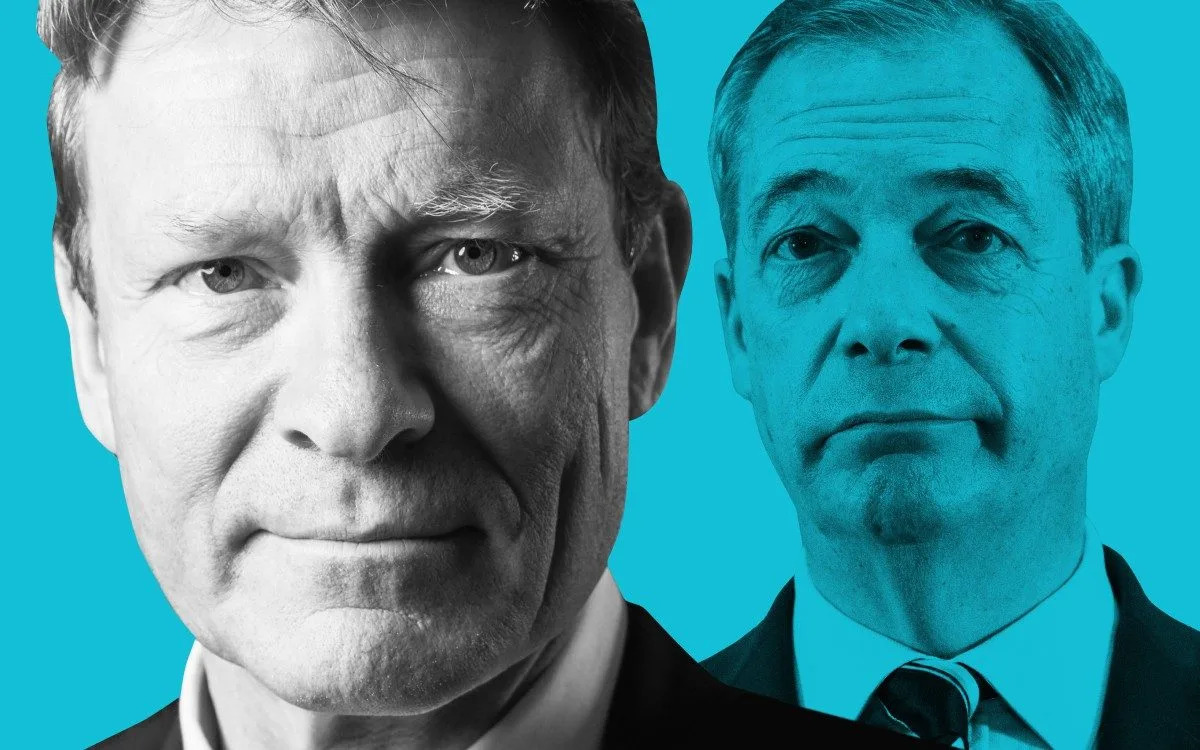A silver lining for the UK Tories: it won’t be bad as Canada 1993

KIM CAMPBELL CANADA'S FIRST FEMALE AND SHORTEST SERVING PM
19 Jun 2024
AUTHORS
Dr Zain Mohyuddin
There has been much discussion about whether the upcoming election will result in the Tories suffering an extinction-level loss on the scale the Canadian Progressive Conservatives endured in 1993. Zain Mohyuddin writes that the more efficient geographic distribution of the British Conservatives’ support and the less territorialised nature of the British party system suggests the Conservatives will not experience an electoral disaster on the same scale as their Canadian counterparts.
With the Conservatives 20 points behind Labour for the last 12 months, psephologists have speculated whether the Tories will suffer an electoral wipeout on a scale similar to that suffered by the Progressive Conservatives (PCs) in Canada in 1993.
It is difficult to overstate the magnitude of the PC’s collapse. Just five years earlier, under the leadership of Brian Mulroney, the PCs won a second consecutive majority with 43% of the vote. Following the 1993 election, however, they were reduced to two seats in the 295-seat Canadian Parliament.
The Mulroney majorities of 1984 and 1988 were based on an unlikely coalition of socially conservative populists from Western Canada and Quebec nationalists. By the early 1990s, right-wing conservatives, particularly in the West, felt a growing sense of alienation. They believed the PCs had strayed too far in accommodating Quebec’s demands for special status and had pursued policies on bilingualism, multiculturalism, and deficit spending that were at odds with their values. In Quebec, nationalists felt betrayed by the PCs’ support of the Charlottetown Accord – a proposed set of constitutional amendments that failed to pass in a 1992 referendum – which they felt did not grant Quebec enough powers.
Some polls have put the Conservatives at 18%, only two percent higher than the PC’s vote share in 1993. However, there are several reasons to believe that the expected Conservative defeat will not be as dire as the one suffered by the PC.
The PC vote share was geographically highly dispersed and very inefficient. Although they received at least 10% of the popular vote in every province, they did not get above thirty percent in any provinces and were above 20% only in the four Atlantic provinces – the region with the fewest available seats. By comparison, the Conservatives are competitive in many more constituencies. There are 258 seats in which the Conservatives are projected to win are least 30% or more of the vote. In another 51 of the seats they won in 2019, they are 5 points or less behind the leading party.*
Much has been made of Labour potentially regaining the Red Wall and the defection of Conservative voters to Reform. Currently, 14% of 2019 Conservative supporters say they will support Reform, and 12% indicate they will switch to Labour. Of course, one great uncertainty is the 25% of voters who supported the Tories in 2019 but say they ‘Don’t Know‘ how they will vote.
Even if most of these ‘don’t knows’ do not return to the Conservatives, it will still not approach the scale defections the PCs suffered, which reflects, in part, the greater strength of partisan identification among British Conservatives than their Canadian counterparts.** The PCs only retained the vote of only 22% of the voters they had attracted in 1988. They were particularly hurt by the defection of a large group of voters in areas of the country that were crucial to previous victories. In Quebec, 4 out of 5 voters who supported the PCs in the previous election switched to another party, with the majority turning to the newly formed pro-sovereignty party, the Bloc Quebecois. In Alberta and BC, only one in seven voters who supported the PCs in 1988 did so in 1993, with over 40% voting for Reform, whose main concern was the perceived mistreatment of the West.
The Reform Party of Canada received only 19% of the vote nationally but won the second-most seats among the national parties due to its highly concentrated support in Western Canada (see Table 1). The geographically dispersed nature of Reform UK’s support – there are 75 seats in which it is projected to win more than 15% of the vote, but it is not projected to win 25% or more of the vote in any constituencies – means that it is unlikely to come close to achieving the same level of electoral success as their Canadian namesake.
For the British Tories, the threat posed by Reform stems from the prospect of substantial vote splitting on the right, thereby handing many seats to Labour. According to one projection, there are 181 constituencies where the difference between the Labour and Conservative vote share is smaller than Reforms’ projected vote share. By contrast, vote splitting on the right played a far less significant role across Canada in the collapse of the PC. The province where this was the exception was seat-rich Ontario, where the combined Reform and PC vote share in twenty-five seats exceeded that of the Liberals.
The PCs were hurt by the absence of fragmentation of the left, specifically, the collapse in support in Central and Eastern Canada of the country’s social democratic party, the New Democratic Party (NDP). In Atlantic Canada, the region where the PCs received their highest level of support, the NDP had historically done well, but these races were now essentially two-party contests with voters on the left coalescing around the Liberals. So, despite winning 30 percent or more of the vote in 11 constituencies in this region, the PCs failed to win a single seat in any of the four provinces of Atlantic Canada.
One factor that may help British Conservatives is that there a several constituencies where they are competitive, and there is fragmentation on the left. Specifically, there are 9 seats where the Conservatives are projected to win or are 7% within the leading party and the combined vote share of the Liberal Democrats, Labour, and Green is greater than or equal to 50%. This split on the left may hand some seats to the Conservatives. Of course, the extent to which this will occur depends on the level of anti-Tory tactical voting.
In each region of Canada, the electoral threat confronting the Conservatives was different. The threats to the British Conservatives also come on multiple flanks, making it difficult to determine the optimal electoral strategy. Not only do they face the prospect of Reform eating into their support, but also the threat of losing seats to parties on their left. There are 87 seats in which the Labour and the Conservatives contest is a tossup (the leading party’s lead is less than 5% ahead). The Liberal Democrats are also positioned to make significant gains in the South East and South West at the expense of the Conservatives. Of the 50 seats in these regions that the Conservatives won in 2019 and the leading parties are the Lib Dems and the Conservatives, the Liberal Democrats either lead or are seven points or less behind in 43.
If the polls are correct, the Conservatives will suffer a cataclysmic defeat on 4 July. There are several similarities between the difficulties they confront and the PC’s dire situation in 1993. However, as dim as the prospects are for the Tories, they are unlikely to suffer an electoral rout on the same scale due to the much more territorialised nature of the Canadian party system. In the 1993 Canadian election, regional issues were highly salient, and whereas the PC vote share was geographically diffuse and highly inefficient, two of their main competitors benefitted from having regionally concentrated support.
Table 1: Percentage of popular vote by province and territory (seats in parenthesis)
| Province/Territory | Liberal | Bloc Quebecois | Reform | NDP | PC |
| Alberta | 25 (4) | _ | 52 (22) | 4 (0) | 15 (0) |
| British Columbia | 28 (6) | _ | 36 (24) | 14 (2) | 14 (0) |
| Manitoba | 45 (13) | 22 (1) | 17 (1) | 12 (0) | |
| New Brunswick | 56 (9) | _ | 8 | 5 | 28 (1) |
| Newfoundland | 67 (7) | _ | 1 (0) | 4 (0) | 27 (0) |
| Northwest Territories | 65 (2) | _ | 8 (0) | 8 (0) | 16 (0) |
| Nova Scotia | 52 (11) | _ | 13 (0) | 7 (0) | 24 (0) |
| Ontario | 53 (98) | _ | 20 (1) | 6 (0) | 18 (0) |
| Quebec | 33 (19) | 49 (54) | _ | 2 | 14 (1) |
| Prince Edward Island | 60 (4) | _ | 1 (0) | 7 (0) | 24 (0)
|
| Saskatchewan | 32 (5) | _ | 27 (4) | 11 (5) | 11 (0) |
| Yukon Territory | 23 (0) | _ | 13 (0) | 43 (1) | 18 (0) |
By Dr Zain Mohyuddin, researcher, UK in a Changing Europe.
A version of this piece also featured on Politics Home.* A widely used measure of the efficiency of converting votes to seats is calculated by dividing the percentage of seats won by the popular vote received. This creates an index which ranges from zero to infinity with higher values indicating a more efficient vote to seat translation. In 1993, the PCs “efficiency index” was 0.04. Assuming the Conservatives win 22 percent of the national vote and 140 seats, as predicted by the YouGov MRP, their “efficiency index” would be 1.
** According to the 1993 Canadian Election Study, 54% of self-identified Conservatives said their party attachment was either “Very Strong” or “Fairly Strong.” The corresponding figure among British Conservatives was 65%.
